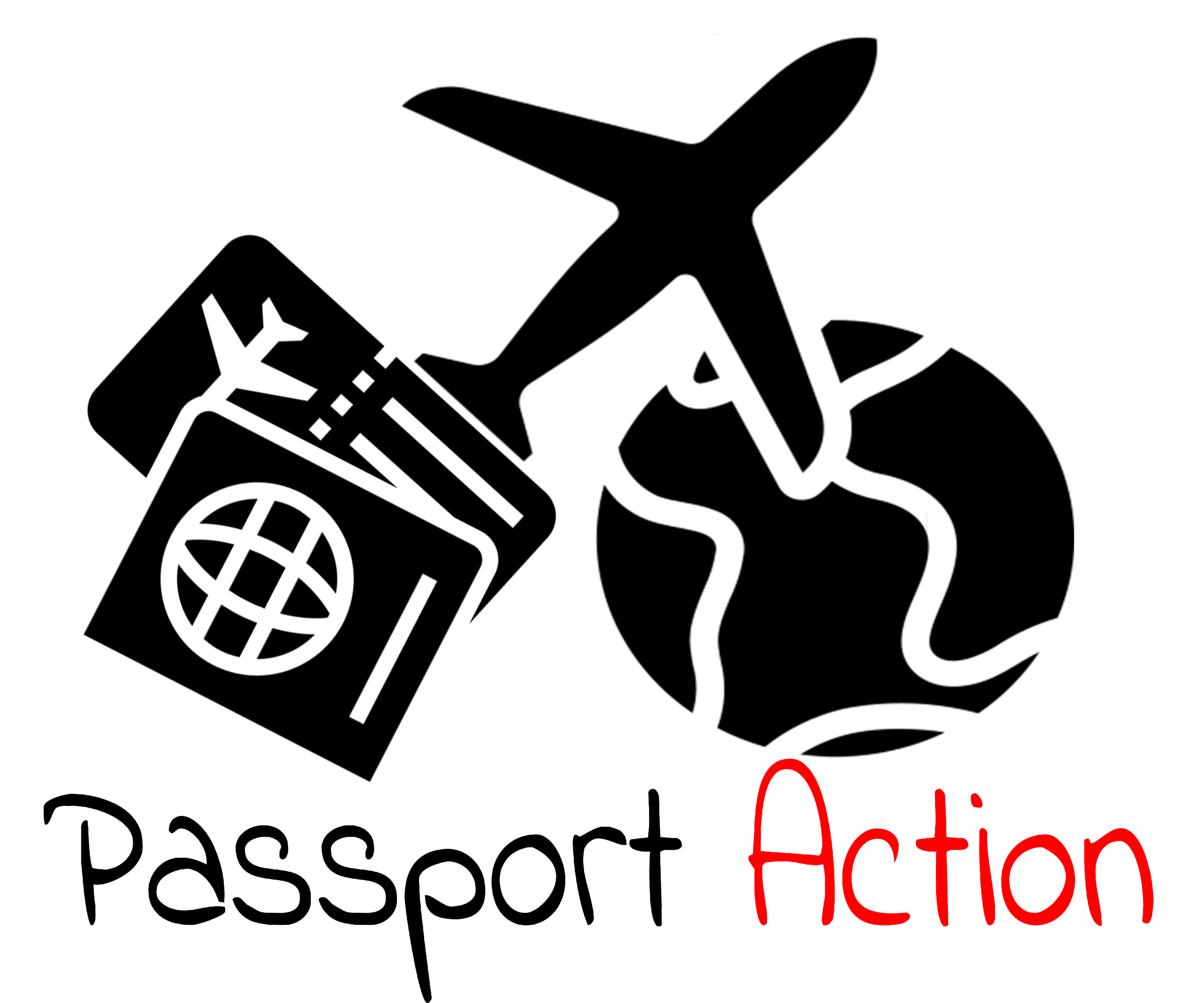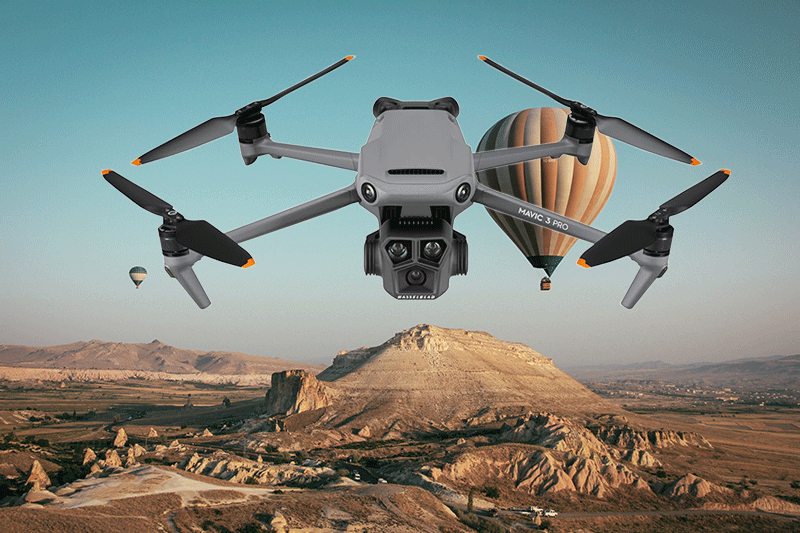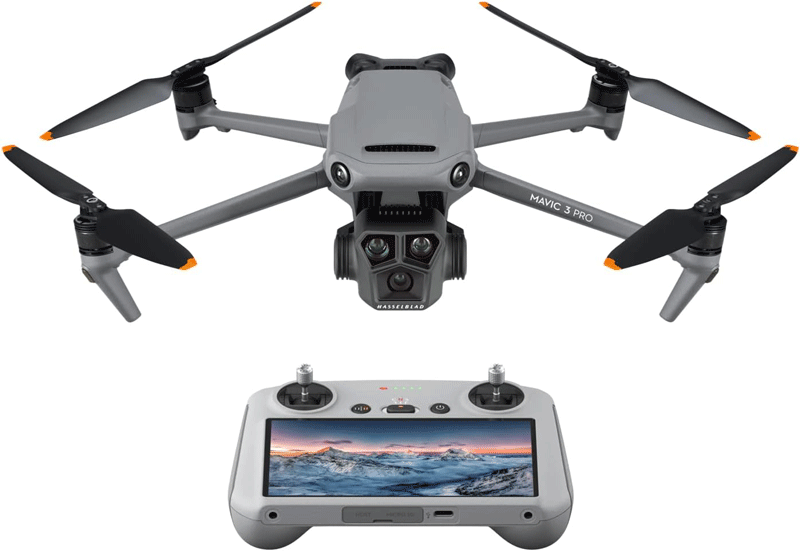Americans Voice Frustration Over Recent DJI Drone Ban Passed by Congress
In a move that has sparked significant controversy, Congress recently passed a ban on DJI drones, leaving many Americans disgruntled. This sweeping legislation has disrupted hobbyists, professionals, and tech enthusiasts alike, who have relied on DJI’s advanced and accessible drone technology for various purposes, from recreational flying to commercial operations.
The Scope of the DJI Drone Ban
The DJI drone ban encompasses all models from the Chinese manufacturer, citing concerns over national security and potential data privacy breaches. DJI, which holds a substantial market share in the United States, has been a popular choice due to its innovative features, reliability, and affordability. The ban effectively grounds thousands of drones, impacting both individual users and commercial enterprises.
Impact on Hobbyists and Enthusiasts
For many, drone flying is more than just a pastime; it’s a passion. Enthusiasts across the country have invested significant time and money into their DJI drones, honing their skills and capturing breathtaking aerial footage. The ban has left these hobbyists frustrated, as they now face the prospect of their expensive equipment becoming obsolete overnight.
Passport Action – “I’ve spent a lot of time flying DJI Drones abroad and locally. I mostly use them for travel videos, but I also like to recreationally fly them locally and can say that they are by far superior to anything else on the market. I’ve invested a lot of time and money into the DJI Ecosystem. The prices are fair and competitive and the quality has been great. I find them to be very reliable and trust flying them.”
Commercial and Professional Setbacks
The recent ban on DJI drones poses a significant challenge for commercial and professional businesses that rely on them for various critical operations. In the real estate sector, agents and photographers have used DJI drones to capture stunning aerial views of properties, enhancing their marketing materials and giving potential buyers a comprehensive view of listings. With this ban, these professionals must now scramble to find alternative drone solutions that may not offer the same level of performance or ease of use. This transition can lead to increased costs, not only in purchasing new equipment but also in training staff to operate unfamiliar technology, potentially delaying projects and impacting overall productivity.
For the construction industry, DJI drones have been invaluable in conducting site surveys, monitoring progress, and ensuring safety compliance from above. The ban forces construction firms to re-evaluate their technological tools and potentially invest in more expensive or less efficient alternatives. This shift can disrupt existing workflows and cause setbacks in project timelines as teams adapt to new equipment. Additionally, emergency services that have relied on DJI drones for search and rescue missions, disaster response, and damage assessment will face operational challenges. Finding suitable replacements that meet the high standards of DJI drones could be difficult, leading to inefficiencies in critical situations where time and accuracy are paramount. Overall, the ban creates an immediate need for adaptation, potentially stalling innovation and productivity across multiple professional fields.
The Search for Alternatives
In the wake of the ban, drone users are scrambling to find viable alternatives. While other manufacturers exist, none have matched DJI’s combination of quality, innovation, and price point. Switching to a different brand involves not only financial investment but also a period of adjustment as users familiarize themselves with new technology.
Moreover, some experts argue that the ban might stifle innovation in the drone industry. DJI has been a leader in driving advancements, and without their competitive pressure, there could be less incentive for other companies to push the boundaries of what drone technology can achieve.
A Divisive Decision
The DJI drone ban has undeniably struck a chord with the American public. While the government emphasizes the importance of national security and data privacy, many users feel that their personal freedoms and livelihoods are being unfairly compromised. The debate continues to rage on social media, forums, and within industry circles, highlighting the complex interplay between technology, security, and individual rights.
As the dust settles, one thing is clear: the DJI drone ban has left a significant impact on the American drone community. Whether this decision will ultimately lead to greater security or merely stifle innovation and enthusiasm remains to be seen. For now, drone users across the nation are left to navigate this new landscape, seeking ways to adapt and continue their aerial pursuits. The Senate has not yet approved the Bill so it’s important to reach out to your state senators and let them know that we are not happy about this.


